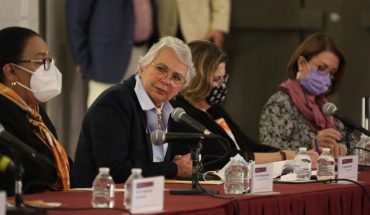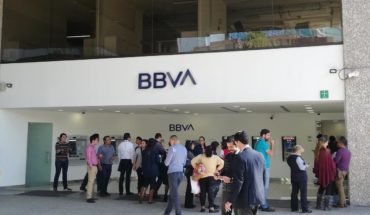Regional universities have the duty to link with their territory within the framework of a commitment to generate knowledge in all areas of knowledge, also forming critical citizens capable of thinking about Chile politically, socially and economically. In the area of research, in particular, our University is inserted in the community contributing to the knowledge and development of sciences, technologies, arts and cultures. However, to make this generation of knowledge a reality, basic requirements are required that in the decision-making instances of a centralized country are not always perceived as “problems”, because in their daily realities they appear as obvious and, however, they are not always so in extreme regions.
The list of critical requirements is extensive, but in order not to bore anyone we can identify some: have, for example, human capital that constitutes critical mass, understanding the existence of groups of researchers working in similar disciplinary areas, allowing a harmonious development that enhances scientific productivity (articles, books, patents) and that facilitates the incorporation of people with new complementary ideas to the work of the group. In addition, it is imperative to have a suitable one. material infrastructure, that is, not only laboratories, work rooms, physical and virtual libraries, but the proximity of representatives of firms and companies that distribute supplies (in fact the existing remoteness imposes enormous waiting times for the distribution of these elements), to which is added the availability of technical personnel to maintain and repair the equipment when failures occur. If we add to the above an unstable digital connectivity, precarious operation of the water and electricity networks, absence of generator sets, the daily becomes difficult.
Another important aspect to consider is the scientific institutions existing, either at the level of faculties and institutes or in the central administration of a university (administrative support units, decrees, regulations and institutional policies). To this, finally, and no less transcendent are added the necessary economic resources, whether from projects, agreements, national and / or regional to acquire equipment, instruments, reagents, books, computers and software licenses, among others. We must also specify that the award of them depends directly on the quality and quantity of the research carried out, generating a non-virtuous cycle of exclusion that we could describe as scientific Darwinism.
On the other hand, in the context of an educational market model, state universities, and particularly regional universities such as ours, have run the risks (and still run them!) of losing the soul and essence of their raison d’être. Obliged to a logic of self-financing, human and material resources are allocated to activities that generate benefits and profitability in order to maintain and ensure educational projects, blurring the north of the institution and generating tensions between teaching and research, as if they were two activities that could be developed independently within a university.
Education, particularly university education, cannot be regulated by the “laws” of the market. Given that more than 95% of research activities are carried out in universities and due to the economic logic managed by the academy, this explains the precarious state of research in the country. It should be noted that the two emblematic Chilean institutions occupy rather discreet places in the international rankings of universities (cf https://www.shanghairanking.com/rankings/arwu/2021). Without the participation of a State that regulates and ensures the functioning of its national and regional universities, the academy will be obliged to an unequal and non-harmonious development between the different areas of knowledge. Due to the new role that the State must play in critical areas such as health, welfare, education, and the importance of the regions in that context, we follow with interest the debates of the Constituent Convention and its impact on the academic work of the regional universities of the State.
Within this framework of commitments towards the region and in the impossibility of an integral development, covering tIn all areas of knowledge, we assume the obligation to develop specific areas of knowledge that are competitive to meet the requirements of the high standards that the National Accreditation Commission (CNA) requests from Chilean universities during institutional accreditation processes.
We have research groups of excellence in social sciences (Institute of International Relations) and in natural sciences (Theoretical Physics, Chemical Sciences, Biotechnology). We encourage development in more diverse areas such as Altitude Medicine, Agriculture in extreme conditions, intercultural studies and Process Engineering. We are aware of the unevenness of our development, with two-speed research processes, but it is the best strategy to ensure the transition to a university of medium complexity, understanding as such not only to teach classes and manage this activity but, in addition, to be interested in the environment, to become part of the territory articulating undergraduate and postgraduate teaching with research that links the university with its community in a shared process of generating knowledge and forge citizenship.
The content expressed in this opinion column is the sole responsibility of its author, and does not necessarily reflect the editorial line or position of El Mostrador.





